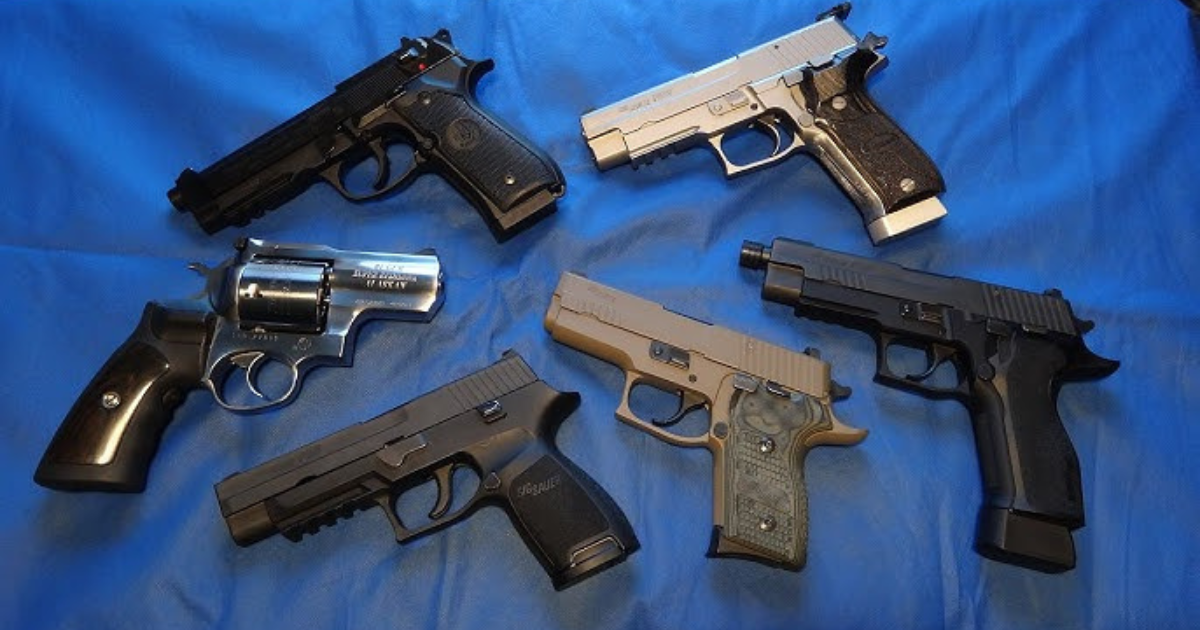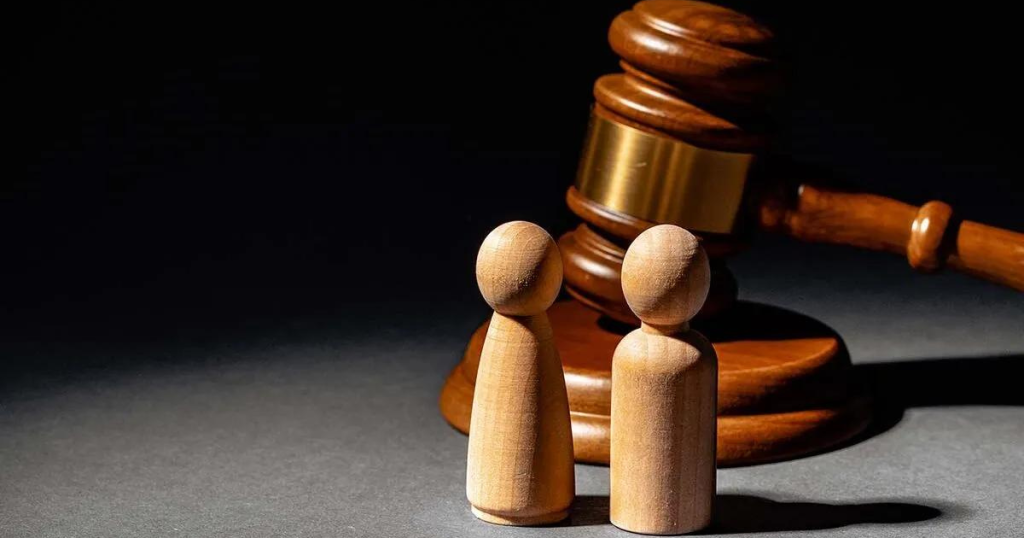When someone is charged with a crime, a preliminary hearing is one of the first steps in the legal process. This hearing helps determine whether there is enough evidence for the case to proceed to trial. If you’re unfamiliar with legal proceedings, you may wonder what happens during this stage. Specifically, you might ask, What questions does a judge ask during a preliminary hearing?
In this blog, we will explore the types of questions a judge might ask, the role of the hearing, and what each party involved can expect. The goal is to explain these aspects in simple, easy-to-understand language so that you can feel more informed about the process.
Understanding The Preliminary Hearing
Before diving into the questions, it’s essential to understand the purpose of a preliminary hearing. This hearing is not the same as a trial. Instead, it is a pre-trial procedure used in many legal systems, particularly in the United States. During this stage, the judge decides if there’s enough evidence for the case to move forward to a full trial. It’s a way to ensure that a person isn’t brought to trial without sufficient grounds.
The judge’s role is crucial in this phase, as they make the decision based on the information provided by both the prosecution and the defence.
The Judge’s Role In A Preliminary Hearing
At a preliminary hearing, the judge is like a gatekeeper. They listen to the arguments presented by the prosecution and defence, review evidence, and ask specific questions to clarify details. However, the judge does not determine whether the defendant is guilty or innocent. The key question they are focused on is whether “probable cause” exists. This means that there must be enough evidence to believe that a crime was committed and that the defendant might have committed it.
What Types Of Questions Does The Judge Ask?
Now, let’s look at the kinds of questions a judge might ask during a preliminary hearing.
Questions About Probable Cause
The main objective of the judge in a preliminary hearing is to determine whether probable cause exists. To assess this, the judge may ask:
- What evidence does the prosecution have to suggest a crime was committed? The prosecution must present their case, showing why they believe the defendant committed the crime. The judge may ask for an explanation or breakdown of the evidence.
- How does this evidence link the defendant to the crime? It’s not enough to show that a crime occurred—the prosecution must connect the defendant to that crime. The judge will question how strong this connection is, especially if the evidence seems weak or circumstantial.
Questions About the Evidence Presented
The judge might also ask specific questions about the type and quality of the evidence. This is crucial because not all evidence is considered equally strong in court. Here are some common questions:
- Is the evidence reliable? For example, if the prosecution is presenting a witness testimony, the judge may ask questions about the credibility of that witness. Can the witness be trusted? Were they in a position to see or hear the crime clearly?
- Are there any legal issues with the evidence? Sometimes, the way evidence is collected can impact its validity. If evidence was gathered without a proper search warrant or if the defendant’s rights were violated during the process, the judge may ask questions about how the evidence was obtained.
- Has the defence challenged any evidence? The defence has the right to question or challenge the prosecution’s evidence. If they raise concerns, the judge may ask questions to clarify whether the defence’s objections are valid.
Questions About Witnesses
Witnesses can play a significant role in the preliminary hearing. The judge may ask the following questions to both the prosecution and defence regarding witnesses:
- Who are the key witnesses, and what do they know? The judge may want to know what each witness saw, heard, or experienced regarding the crime. This helps in evaluating the relevance and impact of their testimonies.
- Are there any credibility concerns with the witnesses? If the defence claims that a witness has a history of lying or has a reason to be biased, the judge may ask for more information about the witness’s background to see if these claims have merit.
- Have the witnesses been properly cross-examined? Cross-examination is the opportunity for both sides to question witnesses. The judge might ask if the defence had a chance to challenge the prosecution’s witnesses and whether those challenges reveal any weaknesses in their testimony.
Questions About the Defendant’s Rights
The judge is responsible for ensuring that the defendant’s legal rights have been respected. Here are some questions that might be raised:
- Was the defendant informed of their rights when arrested? If the defendant was not read their rights, such as the right to remain silent or the right to an attorney, the judge might question whether this omission could affect the validity of the case.
- Has the defendant had access to legal representation? A defendant has the right to an attorney. The judge may ask if the defendant has been given proper access to their lawyer and whether the defence has had enough time to prepare their case.
Questions Regarding the Defense’s Argument
While the prosecution presents its evidence, the defence will have a chance to respond. The judge may ask questions aimed at understanding the defence’s argument, such as:
- What is the defence’s explanation for the evidence presented? The defence may try to explain away the evidence or offer alternative theories for the crime. The judge might ask for clarification or more details about the defence’s stance.
- Does the defence have evidence to suggest innocence? If the defence presents its evidence, the judge may ask whether this evidence creates reasonable doubt or contradicts the prosecution’s case.
What Happens After The Preliminary Hearing?
Once the judge has asked all their questions and heard from both sides, they will make a decision. The judge can either:
- Move the case forward to trial, meaning they believe there is enough evidence for the case to proceed.
- Dismiss the case if they believe the evidence is insufficient. This doesn’t mean the defendant is declared innocent, but it does mean that the case can’t move forward without more evidence.
Conclusion
The preliminary hearing is a critical part of the criminal justice process. By asking specific questions about the evidence, witnesses, and legal rights, the judge helps ensure that a case only proceeds to trial if there is enough evidence to justify it. This process protects individuals from being unjustly prosecuted and ensures that the legal system works moderately for everyone involved.






